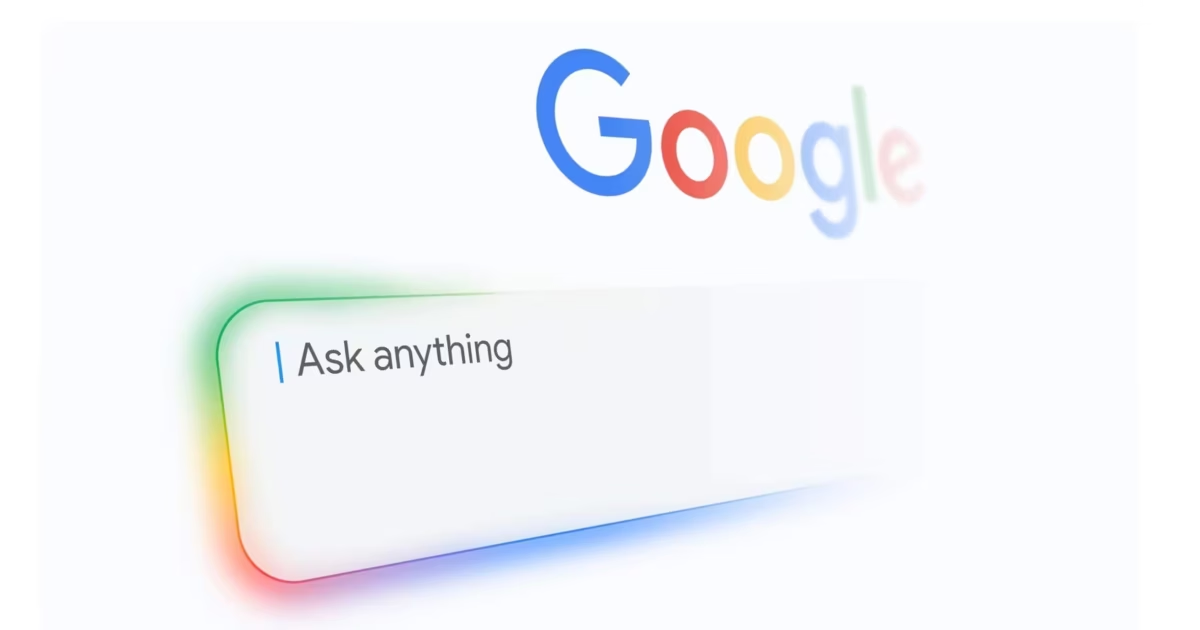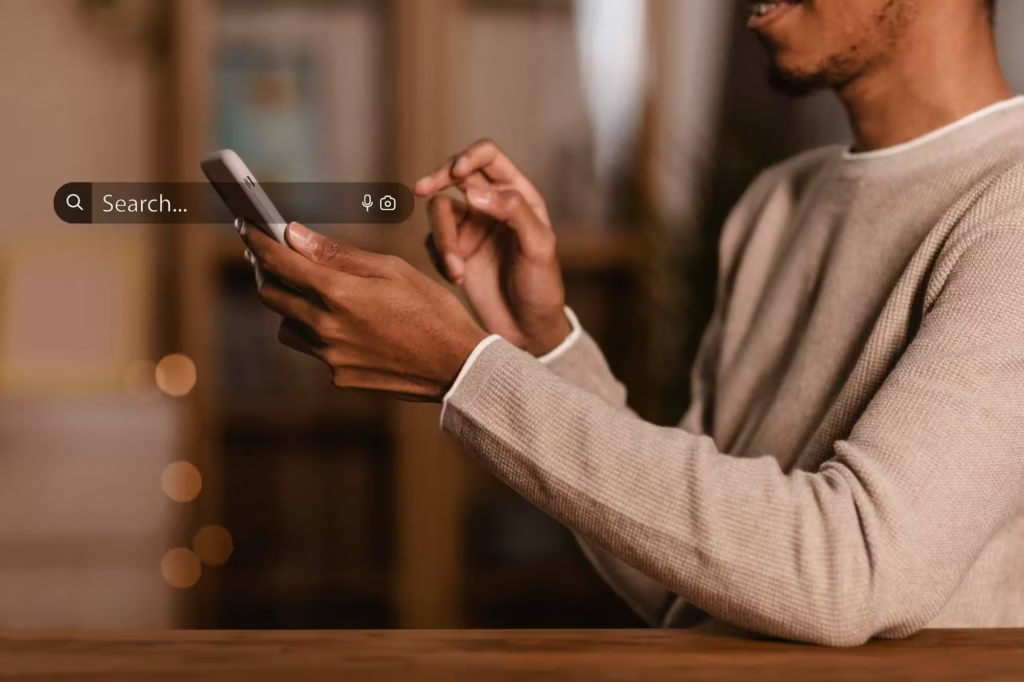Zero Click Searches: How to Stay Visible When Google Keeps the Traffic

Search results now answer so many different questions on the page. People see a snippet, a map, a calculator, or a facts box and move on. These actions alone can reduce clicks, even when your page is the source of the link. While it does feel a little unfair, you can work with it. The goal is to provide quick answers for individuals who are skimmers, then provide reasons to click for readers who prefer more.
Table of Contents
What Zero Click Means Today

Zero-click happens when a person gets enough information without visiting a site. Think of featured snippets, People Also Ask, top stories, and quick facts. For regulated and niche industries like online casinos, which are not allowed to use Google Ads, search engine visibility depends heavily on SEO. That means carefully written content, keywords, and well-structured pages become the main tools to rank high and show up in snippets.
For example, lists that track the latest additions for US players on review or comparison sites often surface this way. Instead of Google Ads, this is a way to highlight new games or tournament promotions for poker, new payment options, or new genres, while also pointing to features such as provably fair gaming, which matter to players who value transparency. When Google can show a short answer, it often will. Your task is to decide when to feed that box and when to target queries that send real visitors. Google’s primary goal is to provide speed for searchers. Quick facts, such as a number or a date, often remain on the results page. Pages that guide decisions, explain steps, or show comparisons have a stronger chance of drawing the click. Learn to spot the difference and plan for both.
Pick Queries You Can Win
Start by sorting keywords into two piles. The first pile should be pretty simple facts. The second pile needs steps, examples, tools, or side-by-side choices. The first pile often ends on the results page. The second pile rewards clear guides and unique proof. Spend most of your time on the second pile.
Semrush Keyword Research helps you filter queries by SERP features, so you can identify which keywords still drive clicks and which ones Google answers directly.
Look for signs of intent. Words like how to, compare, best for, near me, cost over time, or review often hint at a click. So do searches that need local details, brand fit, or a simple workflow. Pages built for those searches can stand out. Short fact queries can still help with reach, but treat them as support, not the main plan.
Build Pages That Earn the Click
Your page should answer the first question on the first screen. Then it should promise more value if the reader opens it. Use short sections, plain words, and tight headings. Add steps that a person can follow right now. Add checks, inputs, or simple tools if they help a real task.
Offer details that a search snippet cannot capture well. This could be original tests, small data tables you made, screenshots you created, or short video clips that help. Show a choice with reasons and trade-offs. Add a short verdict and then the details. Make it easy to skim, and easy to dig in.
Format For the Results Page
Write a one-paragraph summary at the top with four to six tight sentences. Answer the main question in the first two, which should be the first 40 to 60 words. For common questions, keep sentences short and direct.
Help search engines read your page. Use clear page titles and a short description that sets a hook. Mark up FAQs and reviews with the standard tags so they can show rich results. Use clean links, clear image names, and alt text that says what the picture shows. None of this is magic, but it lifts how your result looks.
Own Your Snippet When You Must
Sometimes the best move is to feed the answer box on purpose. Give the short answer at the top. Right after, add the line that says why the click matters. For example, say what changes by case, by budget, or by location, and promise the details below. Many readers will want the next layer.
Use lists for steps and keep each step to one line. Use tables for prices, sizes, or versions. Add a short call to action that is helpful, like try the calculator, see the full comparison, or check the template. Curiosity grows when you set a clear next move.
Strengthen Click Appeal On The Results Page
People scan fast. Your title should state the value and the goal. Numbers, dates, and clear nouns help. Avoid fluff and use your brand name only if it adds trust or clarity.
The snippet text should set a reason to visit. Promise a tool, a checklist, a deeper guide, or a clear choice. Keep the URL path short and readable. A clean favicon and site name also help clicks over time. Small details add up when many results look the same.
Build Topic Strength, Not Just Pages
Groups of pages on one theme tend to help each other. Make a hub page that links to the main guides and tools. Keep the hub clean, with short blurbs and dates. Update links as you publish new pieces. Over time, that hub can win clicks even when a single page does not.
Internal links matter. Use clear anchor text that states the payoff. Place links where the reader needs them, not all at the end. This helps readers move and helps search engines see what each page covers best.
Earn Mentions That Last
Zero clicks do not stop word of mouth. When your page teaches or solves a real-world task, people share it on forums, social media posts, and niche sites. That brings steady visits that do not depend on a single result. It also helps your pages rank for harder terms.
Make it easy to quote you. Add short facts boxes, simple charts, and one-line takeaways people can cite. Offer a brief email summary or PDF for longer guides. These small touches help your work travel.
Conclusion
Zero click is not going away. The answer box and other parts of the results page will keep many quick views on the search site. You can still win by giving the fast answer on top and the deeper value below. Pick queries that send real visitors and accept that some will stay on the results page. Keep pages fresh, tidy, and useful, and make the next step clear. If you do that week after week, you stay visible where it matters.
Disclaimer: This site is reader‑supported. If you buy through some links, I may earn a small commission at no extra cost to you. I only recommend tools I trust and would use myself. Your support helps keep gauravtiwari.org free and focused on real-world advice. Thanks. — Gaurav Tiwari